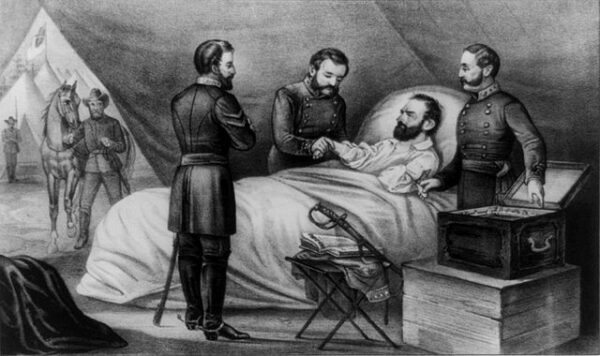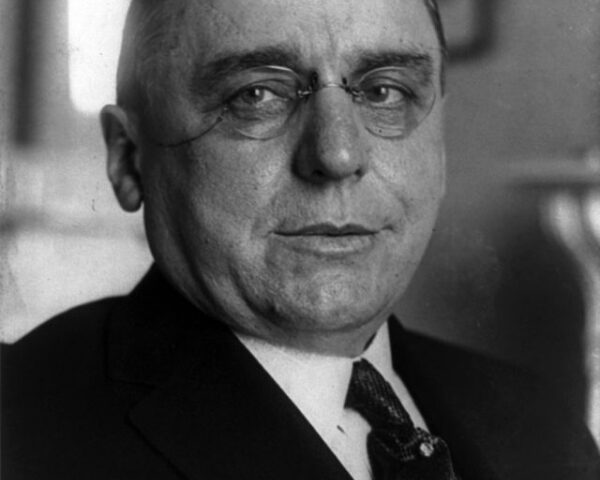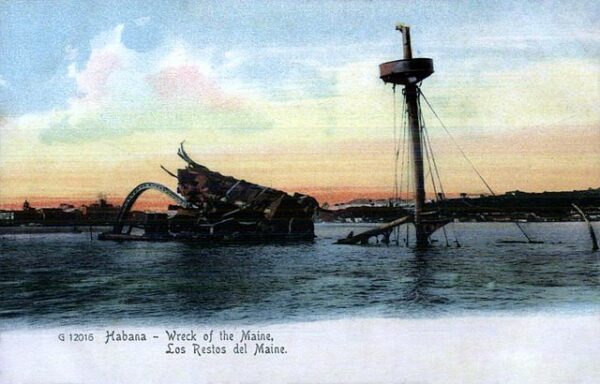On May 2, 1863, during the American Civil War, General Thomas “Stonewall” Jackson, one of the most renowned figures in the Confederate army, met his fate on the battlefield in a turn of events that would echo through battlefields across the United States. The Battle of Chancellorsville raged fiercely in the Virginia countryside, a pivotal moment in the conflict between Union and Confederate forces. Jackson, known for his audacity and tactical brilliance, found himself at the heart of the action, leading his troops with characteristic determination.
As dusk settled over the landscape, Jackson and his men pressed forward, seeking to capitalize on their momentum against the Union forces. Riding ahead to reconnoiter, Jackson found himself dangerously close to the front lines, his silhouette a tempting target for the Confederate sharpshooters lurking in the shadows. In the confusion of battle, amidst the smoke and thunder of cannon fire, a single bullet changed the course of the war.
A volley of gunfire erupted from the darkness, the crack of muskets echoing through the trees as bullets tore through the air. In a tragic twist of fate, one of those bullets came from the rifles of his own men, Confederate soldiers who mistook Jackson and his staff for Union cavalry in the dim light. The general slumped forward, clutching at his side as pain seared through his body with searing intensity. It was a mortal wound, though the full extent of its severity could not be immediately determined.
Jackson’s aides rushed to his side, their faces etched with concern as they beheld the sight of their beloved leader stricken and vulnerable. With grim determination, they sought to extricate him from the chaos of the battlefield, carrying him to safety even as the conflict raged on around them.
Word of Jackson’s injury spread swiftly through the Confederate ranks, casting a pall of sorrow over the army encamped at Chancellorsville. Men who had followed him into battle with unwavering loyalty now faced the grim reality of his absence, their spirits shaken by the knowledge that their leader had fallen.
As darkness descended, Jackson’s aides swiftly evacuated him from the battlefield to seek medical assistance. News of his injury spread quickly among Confederate ranks, impacting morale. Despite efforts by surgeons to save him, Jackson’s condition worsened, and he passed away in the early hours of May 3, 1863.
Jackson’s death had a profound effect on the Confederate army, leaving a void in its leadership that would dramatically shape the outcome of the Civil War.






